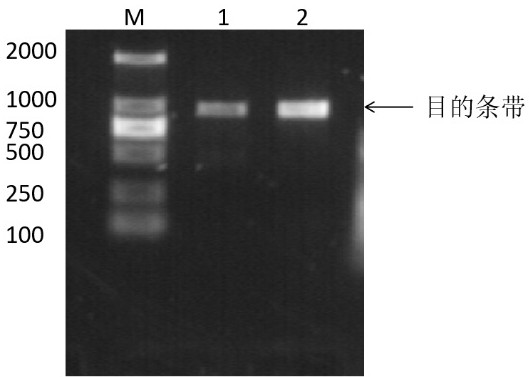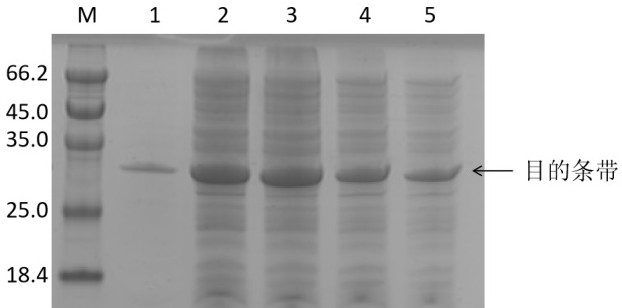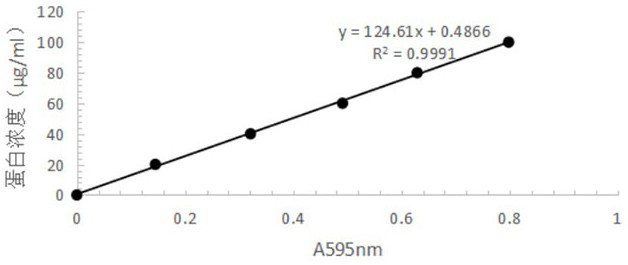Method for realizing transmembrane transduction of marine microorganism low-temperature lipase gene by utilizing PTD-Tat
A lipase gene, marine microorganism technology, applied in biochemical equipment and methods, introduction of foreign genetic material using vectors, polypeptides containing positioning/targeting motifs, etc., can solve problems such as unreported research and inconvenience
- Summary
- Abstract
- Description
- Claims
- Application Information
AI Technical Summary
Problems solved by technology
Method used
Image
Examples
Embodiment Construction
[0039] In order to make the object, technical solution and advantages of the present invention clearer, the present invention will be further described in detail below in conjunction with the accompanying drawings. It should be understood that the specific embodiments described here are only used to explain the present invention, not to limit the present invention.
[0040] The invention provides a method for transmembrane transduction of low-temperature lipase gene of marine microorganisms by utilizing PTD-Tat, comprising the following steps:
[0041] Step 1 Design and acquisition of Lipase-tat fusion gene
PUM
 Login to View More
Login to View More Abstract
Description
Claims
Application Information
 Login to View More
Login to View More - Generate Ideas
- Intellectual Property
- Life Sciences
- Materials
- Tech Scout
- Unparalleled Data Quality
- Higher Quality Content
- 60% Fewer Hallucinations
Browse by: Latest US Patents, China's latest patents, Technical Efficacy Thesaurus, Application Domain, Technology Topic, Popular Technical Reports.
© 2025 PatSnap. All rights reserved.Legal|Privacy policy|Modern Slavery Act Transparency Statement|Sitemap|About US| Contact US: help@patsnap.com



